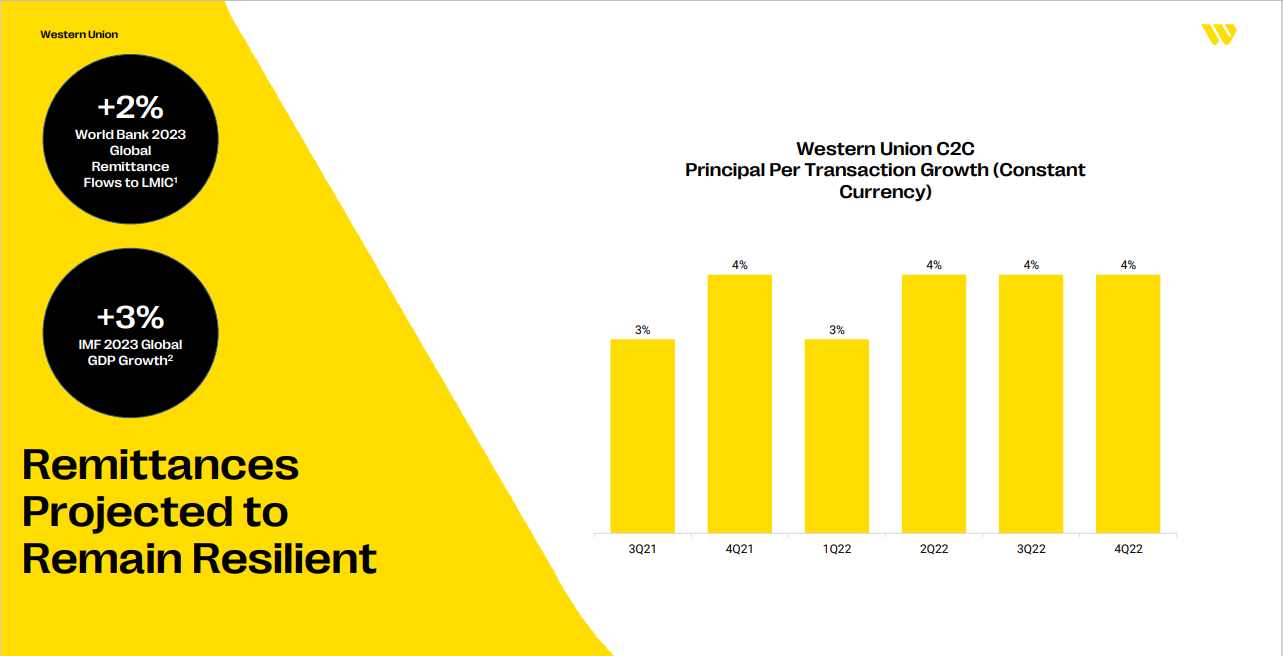
It is important to assess the stability level of the issuing firm before you consider investing in corporate debt. While these investments are generally considered safe, they do not come risk-free. You may lose your return if the issuer has financial difficulties. To avoid this problem, look for public information about the issuer.
Allegiant Travel
Allegiant Travel sharesholders might consider investing in corporate bonds. It has closed a private offering worth $550.0million in 7.250% Senior Security Notes due 2027. The proceeds of this offering will be used in order to repay an existing term mortgage. Allegiant still owed $530 millions in term loans as of June 30, 2022.

Allegiant Airlines
Allegiant Airlines corporate bond purchases are a way to bet on its future success. Allegiant Airlines has a strong balance sheet and has not filed for bankruptcy. However, future earnings will be used by Allegiant to determine whether the company is able to continue operating successfully.
Allegiant Communications
Allegiant Communications' debt financing arrangements include a senior secured revolving credit facility. Revolving Credit Facility provides $625 million of liquidity and has the same collateral and guarantors as the Notes. Allegiant also has liquidity of more than $1.4 Billion.
Allstate Insurance
Allstate Insurance issues bonds in order to finance its operations. Corporate bonds are one of the most important securities markets in the world. The money from bond sales can be used by the company for many purposes. These include financing mergers and acquisitions as well as investing in research and developing new products. Dividends to shareholders can also be paid. Allstate corporate debts are issued in a variety maturities. They can range from short-term up to long-term. Short-term bonds are due within five years, while long-term bonds are issued for over ten years.
Pimco Short Maturity Active ETF
The PIMCO Active Short Maturity Active ETF focuses on short-duration investment-grade debt securities. It aims to provide investors with greater income and total return potential. It has a total asset base of $11.3 billion and trades about 1.1 million shares per day. It charges annual fees of 35 basis points (bps).

Vanguard Long-Term Corporate Bond ETF
When evaluating a Vanguard Long-Term Corporate Bond ETF, you should pay close attention to the fund's expense ratio. It is also important to know the types of bonds that the fund holds. Some funds can hold multiple types of bonds while others may not.
FAQ
What is a mutual fund?
Mutual funds are pools that hold money and invest in securities. Mutual funds offer diversification and allow for all types investments to be represented. This reduces risk.
Professional managers are responsible for managing mutual funds. They also make sure that the fund's investments are made correctly. Some funds offer investors the ability to manage their own portfolios.
Mutual funds are preferable to individual stocks for their simplicity and lower risk.
What is security on the stock market?
Security is an asset that generates income for its owner. The most common type of security is shares in companies.
A company may issue different types of securities such as bonds, preferred stocks, and common stocks.
The earnings per shared (EPS) as well dividends paid determine the value of the share.
A share is a piece of the business that you own and you have a claim to future profits. You will receive money from the business if it pays dividends.
You can sell shares at any moment.
Is stock marketable security a possibility?
Stock is an investment vehicle where you can buy shares of companies to make money. You do this through a brokerage company that purchases stocks and bonds.
You could also choose to invest in individual stocks or mutual funds. There are more than 50 000 mutual fund options.
There is one major difference between the two: how you make money. Direct investment is where you receive income from dividends, while stock trading allows you to trade stocks and bonds for profit.
Both of these cases are a purchase of ownership in a business. However, if you own a percentage of a company you are a shareholder. The company's earnings determine how much you get dividends.
Stock trading allows you to either short-sell or borrow stock in the hope that its price will drop below your cost. Or you can hold on to the stock long-term, hoping it increases in value.
There are three types: put, call, and exchange-traded. You can buy or sell stock at a specific price and within a certain time frame with call and put options. ETFs, which track a collection of stocks, are very similar to mutual funds.
Stock trading is very popular because investors can participate in the growth of a business without having to manage daily operations.
Stock trading is a complex business that requires planning and a lot of research. However, the rewards can be great if you do it right. If you decide to pursue this career path, you'll need to learn the basics of finance, accounting, and economics.
What is a bond?
A bond agreement is a contract between two parties that allows money to be transferred for goods or services. Also known as a contract, it is also called a bond agreement.
A bond is usually written on paper and signed by both parties. The document contains details such as the date, amount owed, interest rate, etc.
The bond is used when risks are involved, such as if a business fails or someone breaks a promise.
Bonds are often combined with other types, such as mortgages. This means that the borrower has to pay the loan back plus any interest.
Bonds can also help raise money for major projects, such as the construction of roads and bridges or hospitals.
A bond becomes due when it matures. When a bond matures, the owner receives the principal amount and any interest.
Lenders lose their money if a bond is not paid back.
Statistics
- For instance, an individual or entity that owns 100,000 shares of a company with one million outstanding shares would have a 10% ownership stake. (investopedia.com)
- Individuals with very limited financial experience are either terrified by horror stories of average investors losing 50% of their portfolio value or are beguiled by "hot tips" that bear the promise of huge rewards but seldom pay off. (investopedia.com)
- The S&P 500 has grown about 10.5% per year since its establishment in the 1920s. (investopedia.com)
- Ratchet down that 10% if you don't yet have a healthy emergency fund and 10% to 15% of your income funneled into a retirement savings account. (nerdwallet.com)
External Links
How To
How can I invest my money in bonds?
An investment fund is called a bond. You will be paid back at regular intervals despite low interest rates. This way, you make money from them over time.
There are many options for investing in bonds.
-
Directly buy individual bonds
-
Purchase of shares in a bond investment
-
Investing through an investment bank or broker
-
Investing through an institution of finance
-
Investing in a pension.
-
Invest directly with a stockbroker
-
Investing via a mutual fund
-
Investing in unit trusts
-
Investing via a life policy
-
Investing in a private capital fund
-
Investing through an index-linked fund.
-
Investing through a hedge fund.